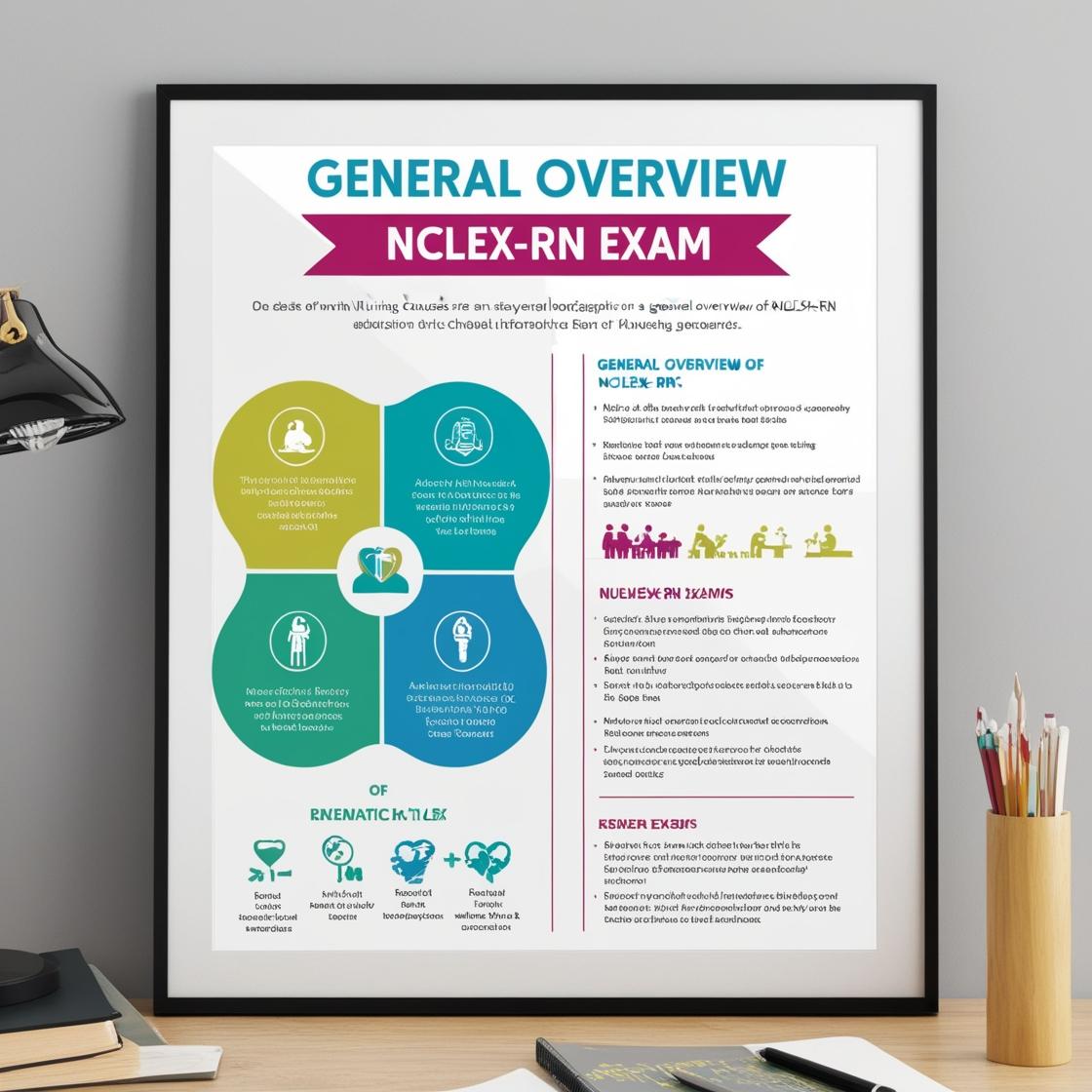NCLEX NCLEX-RN
NCLEX RN Exam Review Answers
1. What might be signaled when a client tells the nurse to 'pray for me' and entrusts her wedding ring to the nurse?
- A. Anxiety
- B. Suicidal ideation
- C. Major depression
- D. Hopelessness
Correct answer: B
Rationale: The client entrusting the wedding ring and asking the nurse to pray for them can be indicative of suicidal ideation. This behavior suggests a deep level of distress and hopelessness, potentially leading to suicidal thoughts or actions. While anxiety is a common emotion, the act of entrusting personal items and making requests like praying for them go beyond typical anxiety symptoms. Major depression can be associated with suicidal ideation, but the specific actions described in this scenario point more towards suicidal thoughts. Hopelessness, while related to suicidal ideation, is a broader concept that does not capture the specific cues given by the client in this scenario, making it a less accurate choice.
2. A client on lithium has diarrhea and vomiting. What should the nurse do first?
- A. Recognize this as a drug interaction
- B. Give the client Cogentin
- C. Reassure the client that these are common side effects of lithium therapy
- D. Hold the next dose and obtain an order for a stat serum lithium level
Correct answer: D
Rationale: Diarrhea and vomiting are manifestations of lithium toxicity. The priority action for the nurse is to hold the next dose of lithium and obtain an order for a stat serum lithium level to confirm toxicity. This ensures patient safety and prevents further harm. Recognizing it as a drug interaction is not the first step in this scenario. Cogentin is used to manage extrapyramidal symptoms (EPS) associated with antipsychotics, not lithium toxicity. Reassuring the client about these symptoms as common side effects of lithium therapy is inappropriate as they indicate a more serious issue than typical side effects like hand tremors, nausea, polyuria, and polydipsia.
3. What is the highest priority for post ECT care?
- A. Observe for confusion
- B. Monitor respiratory status
- C. Reorient to time, place, and person
- D. Document the client's response to the treatment
Correct answer: B
Rationale: The highest priority for post ECT care is to monitor respiratory status. This is crucial because a life-threatening side effect of ECT is respiratory arrest. While observing for confusion and reorienting the client are important aspects of post ECT care, they are not as critical as ensuring the client's respiratory status is stable. Documenting the client's response to treatment is also important for maintaining accurate medical records, but it is not the highest priority immediately post ECT.
4. A writer is admitted for the second time accompanied by his wife. He is demanding, arrogant, talks fast, and is hyperactive. Initially, the nurse should plan this for a manic client:
- A. Set realistic limits to the client's behavior
- B. Repeat verbal instructions as often as needed
- C. Allow the client to express feelings to relieve tension
- D. Assign a staff member to be with the client at all times to help maintain control
Correct answer: A
Rationale: For a manic client who is demanding, arrogant, talks fast, and is hyperactive, setting realistic limits to the client's behavior is essential to ensure safety as manic clients may engage in injurious activities. A quiet environment and consistent, firm limits help to maintain control. While repeating verbal instructions may be necessary due to distractibility, it is not the priority compared to setting limits for safety. Allowing the client to express feelings is important, but only non-destructive methods of expression should be permitted. Assigning a staff member to be with the client at all times is not a realistic approach as it may not always be feasible or necessary for managing manic behavior effectively.
5. Which of the following interventions should be prioritized in the care of the suicidal client?
- A. Remove all potentially harmful items from the client's room
- B. Allow the client to express feelings of hopelessness
- C. Note the client's capabilities to increase self esteem
- D. Set a "no suicide"? contract with the client
Correct answer: A
Rationale: accessibility of the means of suicide increases the lethality. Allowing a patient to express feelings and setting a no suicide contract are interventions for suicidal client but blocking the means of suicide is priority. Increasing self esteem is an intervention for depressed clients but not specifically for suicide.

Access More Features
NCLEX RN Basic
$69.99/ 30 days
- 5,000 Questions with answers
- Comprehensive NCLEX coverage
- 30 days access
NCLEX RN Premium
$149.99/ 90 days
- 5,000 Questions with answers
- Comprehensive NCLEX coverage
- 90 days access
